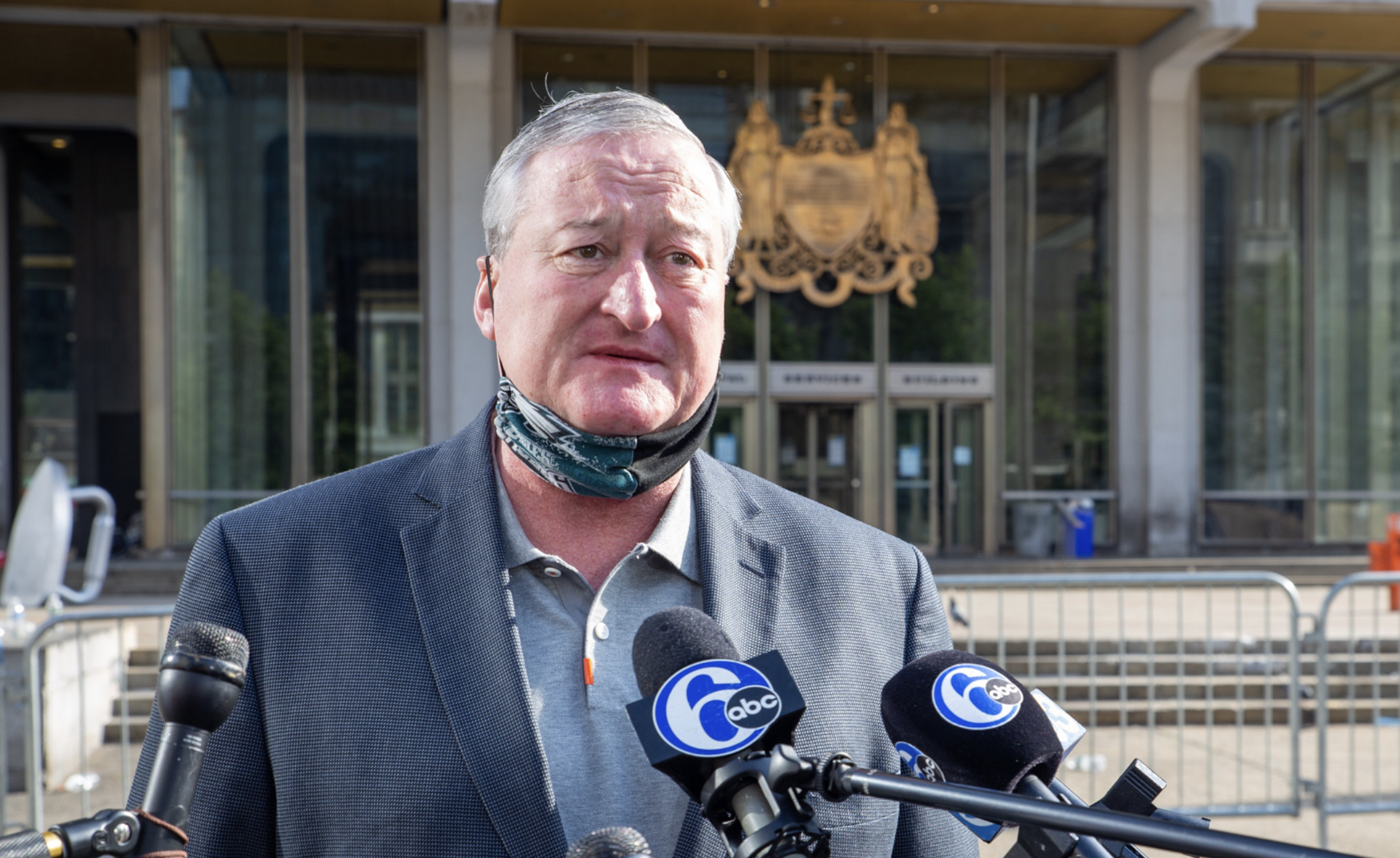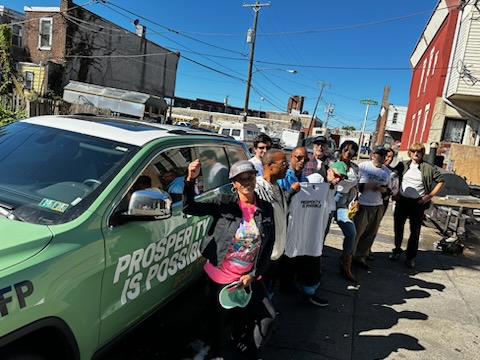Does poverty cause crime? Do more jobs mean fewer criminals? That was one of the messages from Pennsylvania Democrats at the announcement of the Mid-Atlantic Clean Hydrogen Hub (MACH2) in Philadelphia last week. It will cost taxpayers $750 million in federal investments. Gov. Josh Shapiro touted the 20,000 jobs projected to be created, as did […]
Tag: hydrogen hub
Posted inEnergy



